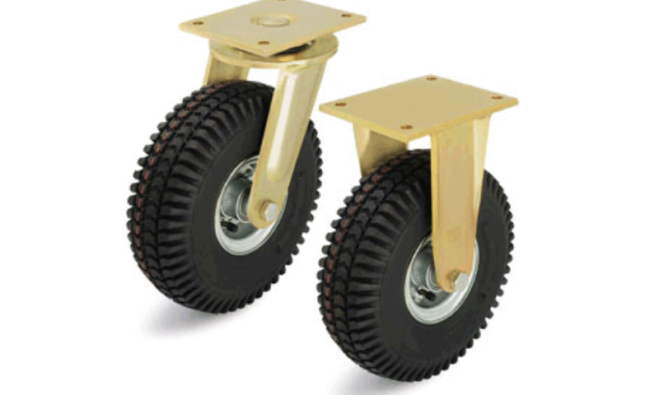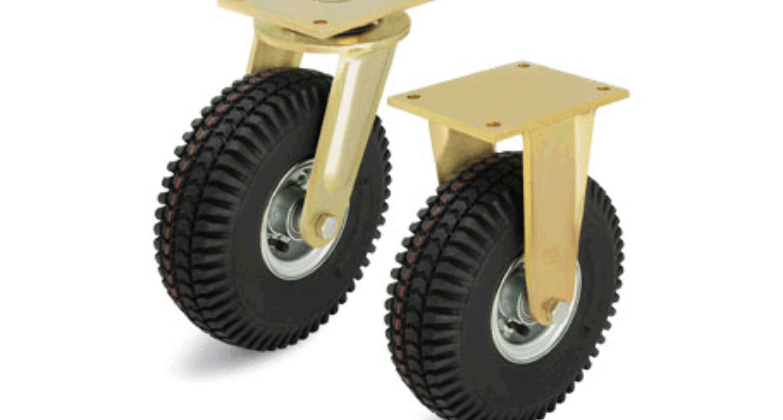 A recent study found that the average small business owner works about twice as much as their employees. Small business owners usually have to work between 50 and 60 hours per week—if not more—to make sure that every single aspect of their business is taken care of.
A recent study found that the average small business owner works about twice as much as their employees. Small business owners usually have to work between 50 and 60 hours per week—if not more—to make sure that every single aspect of their business is taken care of.
One of the least glamourous parts of running a small business is handling the bookkeeping for it. It’s important for small business owners to keep tabs on their financial transactions at all times.
There is nothing fun about this. But fortunately, there are some bookkeeping tips that can make this part of the job a little bit easier than it would be otherwise.
Are you a small business owner in search of bookkeeping tips and tricks that will help you keep your finances in good order? Check out the seven basic bookkeeping tips in our guide to small business bookkeeping below and begin putting them to good use right away.
1. Make Sure Your Personal and Business Finances Are Always Kept Separate
First things first: From the second that you start running a small business, you should always make sure that you’re keeping your personal and business finances separate. You’ll be asking for trouble if you don’t.
This means that you should open up separate savings and checking accounts for your business. It also means that you should keep track of your personal expenses versus your business ones.
Your financial situation is going to get muddied if you’re constantly mixing your personal and business finances together. It’s why you shouldn’t attempt to let them coexist in the same space at any point.
2. Invest in Bookkeeping Software for Your Business
For a long time, small business owners had to do all their bookkeeping by hand. They had to sit with a ledger and a calculator and make sure that their business finances were in order.
You can technically still do this if you want to. But why would you take that approach when you can invest in bookkeeping software instead? It’ll make it so easy for you to do all your bookkeeping and prevent you from having to spend a lot of long hours doing it by hand.
You should look into some of the different bookkeeping software that is out there. You’ll be amazed by how much time it’s able to save you.
3. Try to Take Care of Your Bookkeeping At Least Once Every Few Days
Far too often, small business owners will neglect their bookkeeping responsibilities for days and sometimes even weeks at a time. As a result, they’ll fall way behind and end up with a mountain of financial information that they have to sift through.
Outside of the fact that it’s going to take you forever to make sense of financial info when you do this, you’re also going to run the risk of your business falling into shambles when your finances are all out of whack. You should, therefore, make it a point to take care of your bookkeeping at least every few days.
This is one of the most useful bookkeeping tips of all. By staying on top of your bookkeeping, you’ll make it all so much more manageable for yourself.
4. Hang On to Any Physical Receipts, Invoices, Etc. Related to Your Business Bookkeeping
While you’re going to spend most of your time on your computer doing your bookkeeping with special software, you’re still going to have your fair share of physical receipts, invoices, etc. You’ll want to hang onto them for tax purposes whenever possible.
You might be able to scan them so that you can save them to your computer. But you should also try to file them away in a filing cabinet so that you have them handy if you need them later on.
5. Generate Bookkeeping Reports Each Month and Read Them Over
At the end of every month, your bookkeeping software should give you the ability to print out monthly bookkeeping reports. These reports will provide you with a solid overview of where your small business stands at any moment.
You’ll get a real sense of satisfaction when you sit back and look over these reports. They’ll make all of the bookkeeping that you’re doing well worth it in the end.
6. Hire a Bookkeeper or, Better Yet, a CPA to Assist You With Your Bookkeeping Needs
At some point, you might get so busy with other aspects of your small business that you simply won’t have the time to continue to take care of your bookkeeping needs yourself. When this time comes, you should strongly consider hiring either a bookkeeper or possibly even a CPA to assist you with these needs.
Take a trip over to https://www.taxfyle.com/freelance-cpa-jobs to see how easy it can be to connect with someone who can provide you with bookkeeping services. It’ll take one more thing off your plate and allow you to focus on other things related to your small business.
7. Embrace the Importance of Bookkeeping Rather Than Growing Frustrated With It
At the end of the day, the fact that you have to worry about doing bookkeeping for your small business in the first place shouldn’t be seen as a bad thing. It should instead be seen as a great thing since it means that your small business is still chugging along.
You should count your blessings every time you have to do bookkeeping and remember what it means. It might give you a brand-new perspective on bookkeeping and all that it entails.
These Bookkeeping Tips Should Help Make Your Life a Lot Easier
Handling the bookkeeping for your small business isn’t always going to be fun. But you should embrace it and get it done so that you’re able to keep your business finances in order.
Use some of the bookkeeping tips found here to make doing your bookkeeping slightly easier. They should help you maintain accurate small business accounting records from now on without making you want to pull your hair out.
Find more tips that will help you run your small business by reading through some of the other informative articles posted on our blog.







